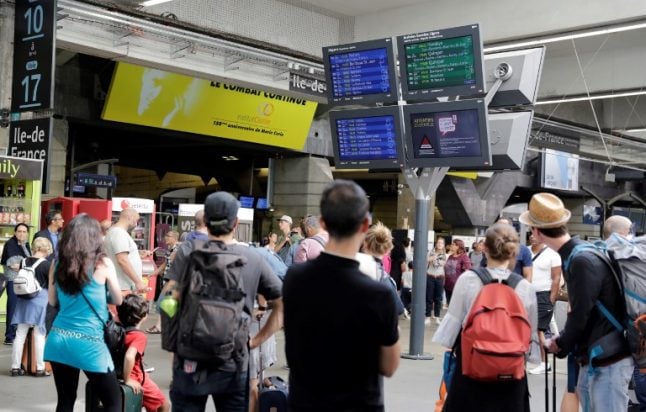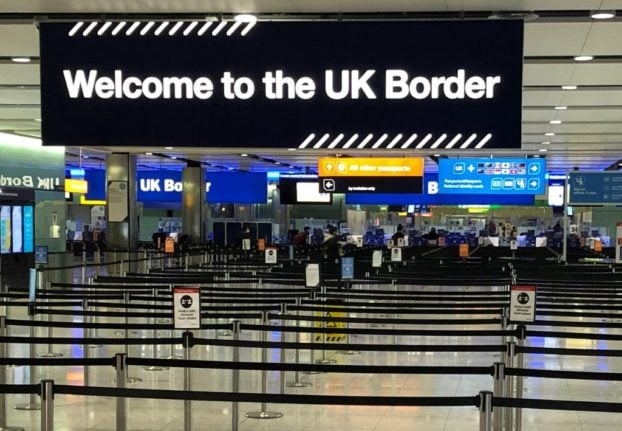France’s SNCF has asked train travellers who have booked or were planning to catch a TGV on Thursday between Paris Montparnasse and stations in Brittany, Pays-de-la-Loire and south west France to opt for another route or delay their trips until Friday.
An electrical incident, which took place at around 8.45 on Thursday morning, has caused problems and delays of up to four hours in both directions throughout the day.
Even though the electrical failure was fixed in less than half an hour, the backlog of passengers it caused has forced France’s public rail body to make the announcement.
La Gare #montparnasse right now pic.twitter.com/49FHoX3aZB
— Jean ﻦ (@JB75004) January 31, 2019
A further delay on one of the lines was caused by passengers clambering out of one of the affected trains between stations when the power tripped.
“We are still experiencing problems with the power tripping,” an SNCF spokesperson is quoted as saying by BFMTV.
⚠️ #Montparnasse – Incident électrique:
Tous les #TGV à destination du Sud-Ouest (Tours, La Rochelle, Poitiers, Bordeaux et au-delà) partent de la Gare d'Austerlitz.
La SNCF invite tous les voyageurs qui le peuvent à reporter/annuler leur voyage.@SNCF? https://t.co/OlJaojD7Yd pic.twitter.com/ZAeXHaDN9k
— Groupe SNCF (@GroupeSNCF) January 31, 2019
Fortunately there are alternative routes for those who have to catch their trains on Thursday.
Trains running to and from the south west have been transferred from Montparnasse to Austerlitz station on the left bank of the Seine in the south east of the capital.
The station is approximately a 20-minute drive away from Montparnasse or 40 minutes on foot.
So the TGV trains between Paris and Tours, La Rochelle, Poitiers, Bordeaux, and stations after Bordeaux “will start leaving and arriving at Austerlitz rather than Montparnasse by 15:27,” according to the SNCF.
All Ouigo trains and other TGV trains bound for Brittany and the Pays-de-la-Loire “will continue to depart and arrive at Paris Montparnasse”.



 Please whitelist us to continue reading.
Please whitelist us to continue reading.
Member comments